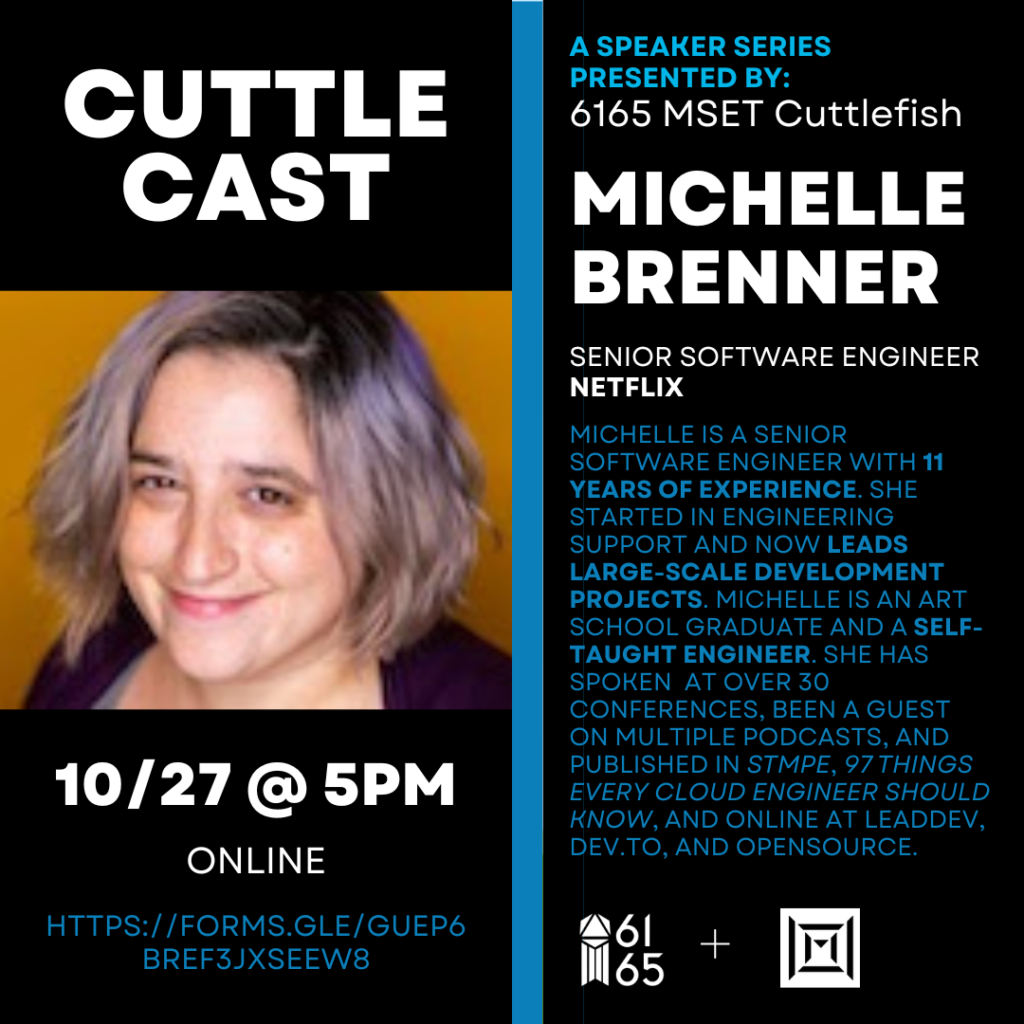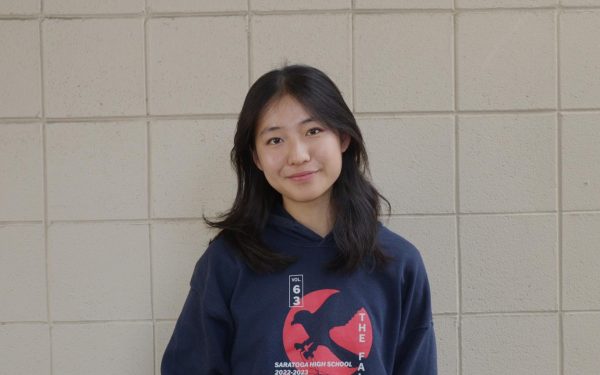Over the past few months, the MSET Cuttlefish — a First Tech Challenge (FTC) team within the MSET robotics program — has hosted a series of guest speakers: Manisha Gambhir, a distinguished engineer and senior technical director at Marvell on Oct. 8; Anthony Ingelido, a hardware engineering manager at OhmniLabs on Sept. 19; and Jeff Huang, the senior director of engineering at Instagram on Sept. 9
All of these have been part of its online speaker series called Cuttlecast.
This year’s Cuttlecast is the culmination of nearly four years of trial and error with speaker series within the robotics program. Focused on bringing unique industry perspectives to attendees, the team works to reach as many students as possible with a presentation-interview format that encourages comfort, curiosity and new ideas for both speakers and participants.
In 2018, the MSET Cuttlefish hosted their first speaker series in-person. Sessions were well attended, attracting around 20 robotics members each time.
However, according to senior Cuttlefish management lead Apoorva Talwalkar, once the pandemic forced the series online, speakers began to prefer a one-on-one interview format rather than presenting prepared speeches. After this, the team decided to try a new format to accommodate them.
Talwalkar, FTC Co-president senior Trevor Leung and class of ‘22 alumnus Andy Chen ran an interview podcast, dubbed “The CephaloPOD,” where members of the team interviewed STEM professionals about their experiences in their industry.
Talwalker found that reaching out to people for an online recording was a difficult process. Because each person’s audio was recorded separately, editing an entire 40-minute episode was tedious and time-consuming.
“I had to line [all the separate recordings] up and then whenever I cut something out, I had to cut it out for each person,” said Talwalkar. It became overwhelming.
The team only uploaded one episode of the podcast on March 27, 2021, before realizing that they needed to find an alternative, as maintaining CephaloPOD was unsustainable.
Their solution was to combine the interview and speaker series format into its current form: Cuttlecast, a recurring series where a speaker presents on topics such as digital simulations and their personal experiences job hunting, and then answers the Cuttlefish interviewer’s questions in a Q&A session. So far, all their speakers have opted for online sessions via Zoom, but the team welcomes in-person presentations as well.
Since the summer of 2022, junior Maithreyi Bharathi, a management and outreach member, has been working to find speakers for Cuttlecast. She targets STEM professionals working in both management and technical positions, so that attendees can preview a wide variety of occupations.
Typically, she reaches out to employees at Meta, Apple, Amazon, Netflix and Alphabet or robotics companies. Outside of Silicon Valley tech giants, the team also hosts speakers from companies that work in more niche markets, such as Ohmnilabs, which is a company specializing in telepresence (robots that operate remotely) and disinfecting robots.
To arrange speakers, Bharathi either sends cold emails, or contacts them through personal connections, such as parent colleagues and acquaintances.
For the upcoming speaker series, Bharathi hopes to expand the reach of the series beyond just MSET. Until recently, the team had been sending out short emails advertising the event to only students in MSET, but for their speaker series with Huang, they advertised the event in principal Greg Louie’s Friday Letter, which increased the number of participants from outside of the robotics program.
Bharathi said she hopes that future speakers will help bring in 40 to 50 students consistently, which only one of their speakers — CEO and founder of Rotten Tomatoes, Patrick Lee — was able to achieve. A recent speaker, Brenner, was able to crack around 30 students.
“[Cuttlecast] helps expose students to people who come from different careers within STEM and to all the cool applications of what we learn in robotics,” Bharathi said. “It can help to motivate and inspire people to see all the opportunities to pursue in STEM.”




























